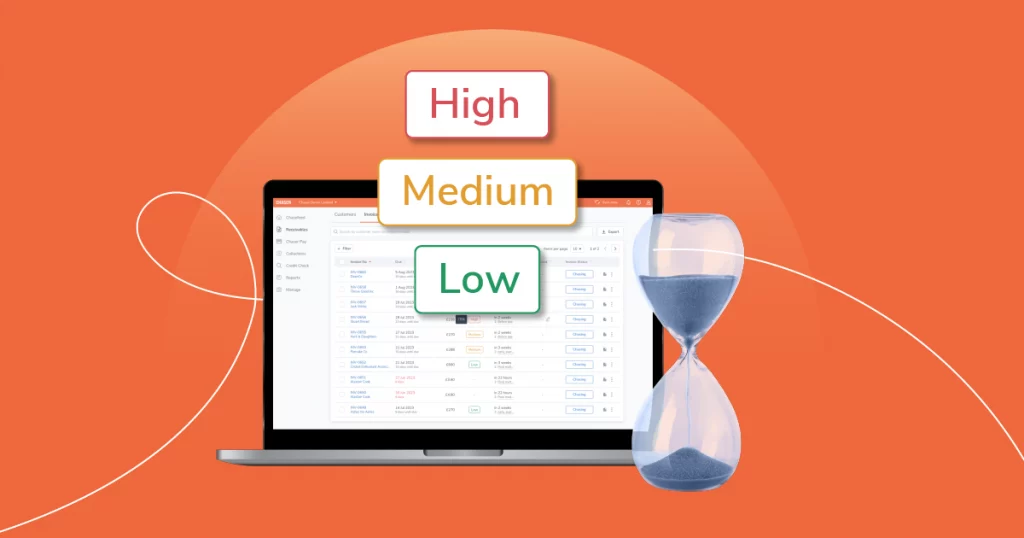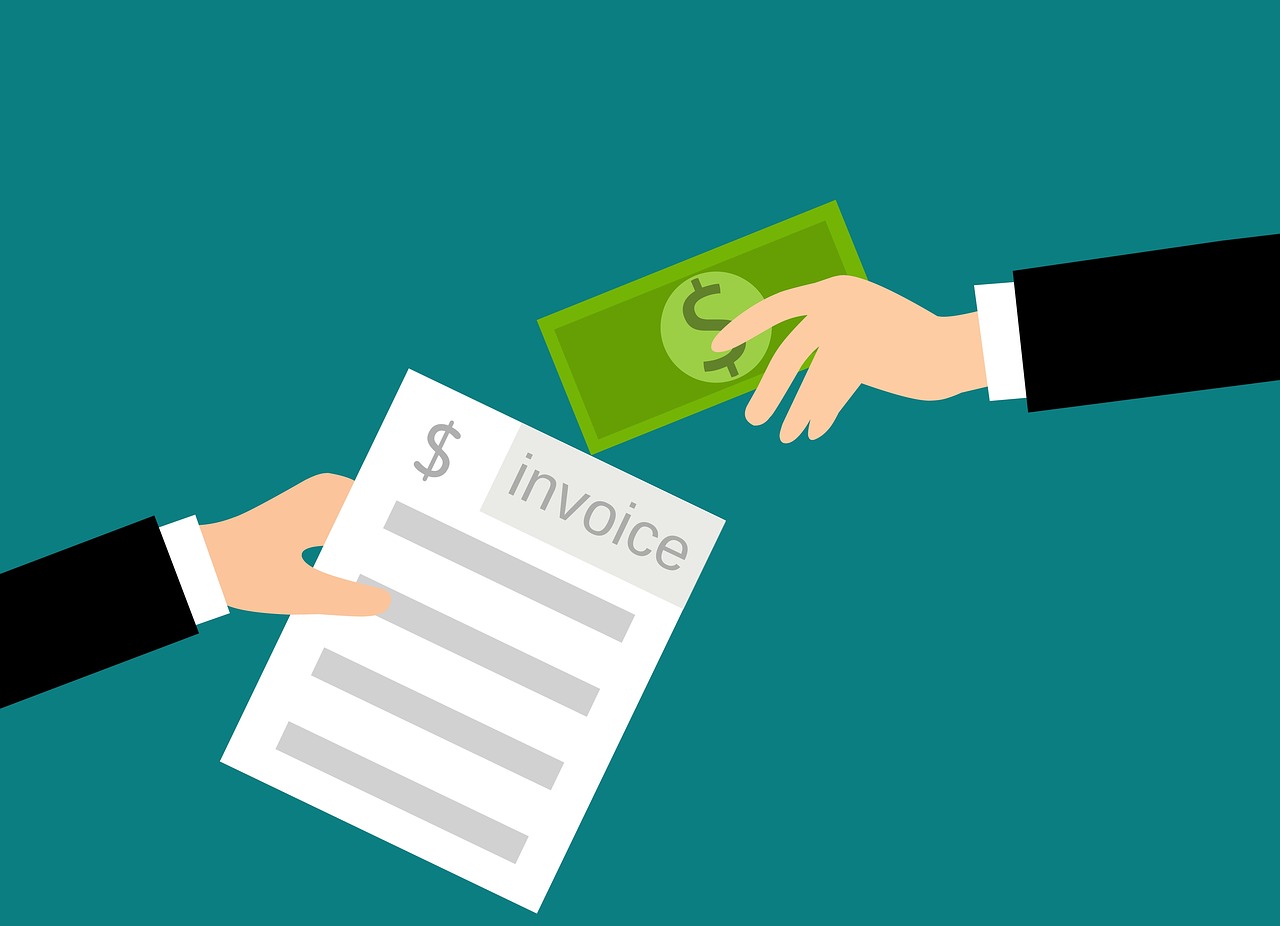Invoice Disputes: Causes and Strategies for Resolution
Handling invoice disputes? It’s not exactly a walk in the park. They slow things down, and let’s be honest, they’re a pain. But understanding the reasons behind these disputes can make all the difference.
Identifying Common Causes of Invoice Disputes in Business Transactions
Everyone understands that invoice disagreements can be challenging and interrupt a business’s flow. By addressing these problems, you can make billing smoother and simpler.

Tricky billing details
It might sound surprising, but small details often become big roadblocks.
- Small oversights, big confusion: A slight mix-up in a product description or a wrong billing amount might seem trivial, but it can lead to clients scratching their heads—and that’s where disputes begin.
- The usual hiccups that trip us up:
- Incorrect invoice dates
- Jumbled billing addresses
- A mismatch between quoted and billed amounts
- Inaccurate tax calculations
- Overlooking discounts or promotions
For anyone looking to iron out these wrinkles, our
Excel Estimate Template might just be what you need. It’s a tool to ensure accuracy and consistency in invoicing.
Clear descriptions matter
After billing details, a major point of contention is often vague descriptions of products or services.
- The problem with vagueness: If clients aren’t clear on what they’re being charged for, they will question the invoice. Clarity can be a real game-changer.
- Terms that often cause mix-ups:
- Not being precise about duration (like “a few hours” instead of “3.5 hours”)
- Generic product descriptions (like “computer” instead of specifying the brand and model)
- Broad terms without itemized details (such as “service fees”)
- Unclear notes about extra charges
To keep things clear and dispute-free, consider using our
Word Estimate Template. It helps ensure that descriptions are on point, leaving no room for confusion.
Communication and Negotiation Techniques for Resolving Billing Disagreements
Negotiating in the business sphere is quite the dance. It’s less about outsmarting the other and more about understanding both perspectives. One of the main things to remember when diving into a negotiation is that it’s not a battle. It’s a conversation. Preparation is vital.
Knowing your facts and figures, understanding where flexibility can be granted, and setting boundaries can put you in a strong position. But, as you talk, being an active listener is essential. This means not just hearing but understanding the other side.
On the other hand, good communication isn’t just about the words you use; it’s also about choosing the right place and method for the talk. The right choice can set the mood and direction of the discussion. For example, an email provides an excellent platform for laying out all the details, facts, and figures without interruption. But on the downside, it lacks the immediacy of a live conversation. A phone or video call brings that immediacy but might miss out on certain nuances that a face-to-face meeting could provide.

Strategies for Preventing Recurring Invoice Disputes
Disagreements can be taxing on both time and resources. Instead of consistently putting out fires, it’s far more efficient to prevent them in the first place.
Crucial Components Every Invoice Should Detail:
- Description of Services/Products: Clearly state what was provided.
- Date and Time: Specify when the services were rendered or products delivered.
- Pricing Breakdown: Separate charges for labor, materials, or other costs.
- Terms and Conditions: Clearly outline payment deadlines and late fee details.
- Contact Information: Provide a point of contact for any clarifications.
For businesses looking to adopt a straightforward and detailed invoicing strategy, our
Google Sheets Estimate Template offers an easy-to-use format that ensures every necessary detail is included for enterprises looking to adopt a clear and detailed invoicing strategy.

Legal Considerations and Mediation Options for Dispute Resolution
Keeping a tab on the legal aspect of things, especially when dealing with finances like invoicing, can help companies avoid hiccups or handle them if they pop up.
Key Laws Influencing Invoicing and Handling Disputes:
- Contract Law: Addresses the agreement between entities, defining payment terms, deliverables, and other conditions.
- Consumer Protection Laws: Ensure transparency and fairness in financial interactions with customers.
- Late Payment Regulations: Define the rights and obligations when facing delayed or defaulted payments.
- Data Protection Legislation: Safeguards the personal and financial details of clients.
If you’re trying to fine-tune your invoices, our
Google Docs Estimate Template is just the ticket.

Building Stronger Customer Relationships Through Effective Dispute Resolution
Bumps in the road, like disputes, are part and parcel of business, but how we tackle them sets us apart. Addressing disagreements isn’t just about finding a quick fix. Think of it as our chance to show customers we care about what they think and appreciate their partnership. We show it’s not just about ringing up sales by listening and acting on their input.
Strategies for a Smooth Billing Experience
Let’s face it: Bill shocks aren’t fun. Clear, no-fuss invoicing can be a win-win for businesses and their clients. At
Saldo Invoice, we believe in getting things right the first time. This means getting every detail right, ensuring clarity, and keeping the conversation flowing. If a billing makeover is what you’re after, we’re here with the best tools and pointers. Let’s team up to make invoicing a snap and keep our bond with customers solid.
Elizabeth Kvasha
Content Manager, who creates the articles and visually transforms the websites of SaldoApps production.
Learn more









